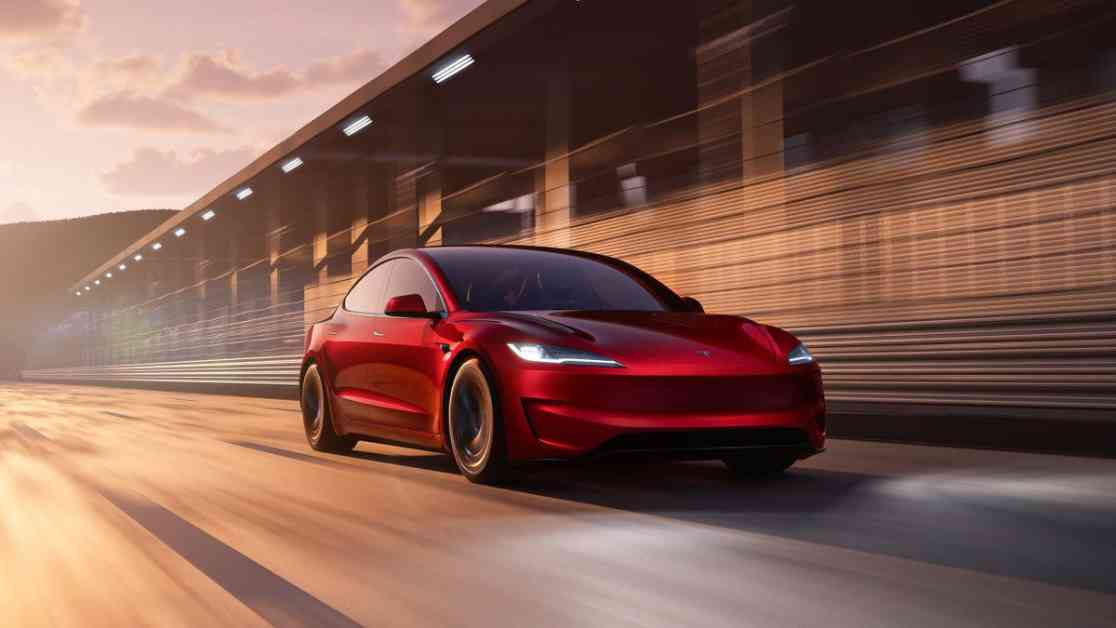Recently, there has been a lot of talk about the slow growth of the electric vehicle (EV) market despite dropping prices. Many automakers have shifted their focus to hybrids instead of EVs. However, new data reveals that the EV market is actually doing well overall, with the exception of Tesla.
Sales data from April, as reported by Automotive News, shows that the EV market saw a 14 percent increase in sales, which is a positive sign. But when you remove Tesla from the equation, the numbers are even more impressive: Non-Tesla EV sales grew by a whopping 69 percent during the same period.
Tesla, on the other hand, saw a decline in new registrations by 17 percent in April, marking three consecutive months of decline. The company’s share of the EV market in the U.S. dropped to 46.3 percent from 63.8 percent a year earlier. This is a significant drop for Tesla.
Excluding Tesla from the data, other automakers saw impressive growth in EV sales. Ford’s EV registrations rose by 169 percent, Kia’s by 172 percent, and Toyota’s by a staggering 647 percent for its bZ4X crossover model. This indicates that there is a strong demand for EVs in the market, but Tesla seems to be struggling.
One of the reasons for Tesla’s decline could be its focus on supporting Elon Musk’s financial goals rather than marketing its cars effectively. Unlike traditional automakers, Tesla has never heavily advertised its vehicles. However, issues related to quality control and the removal of features without warning may be catching up with the company.
As more established automakers with robust supply chains, dealer networks, and repair centers enter the EV market, Tesla’s market share may continue to decline. It will be interesting to see how Tesla responds to this challenge and whether it can regain its position in the EV market.
Overall, the EV market is showing positive growth, with strong demand for electric vehicles. However, Tesla’s struggles highlight the importance of not only producing innovative cars but also focusing on quality and customer satisfaction in the competitive EV market.










